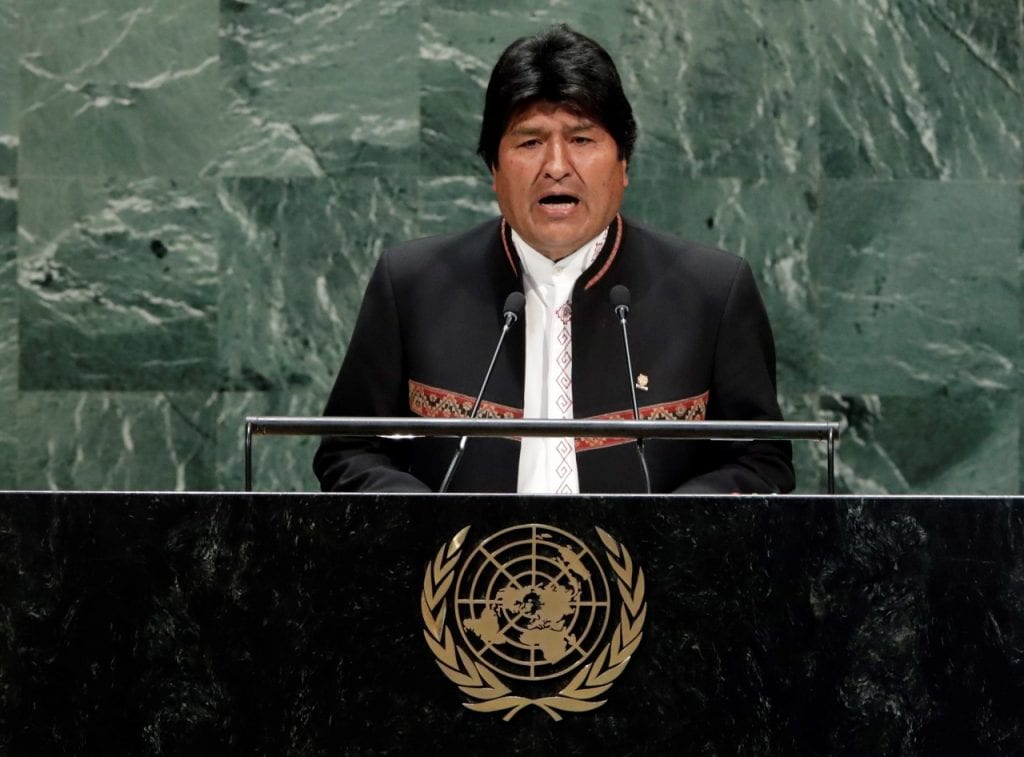
American exceptionalism is the belief that the United States is unique among nations with respect to its democracy and individual freedoms. The idea of American exceptionalism stems from the American Revolution.
In the opening paragraph of Federalist No. 1, Alexander Hamilton notes: “it seems to have been reserved to the people of this country, by their conduct and example, to decide the important question, whether societies of men are really capable or not of establishing good government from reflection and choice, or whether they are forever destined to depend for their political constitutions on accident and force.”
Although French historian Alexis de Tocqueville was likely the first to describe the country as exceptional, I find it ironic that it was Soviet leader Joseph Stalin who, in 1929, actually coined the phrase American exceptionalism. Stalin was criticizing a faction of the American Communist Party for advancing the belief that the United States was unique, and thus exempt from some revolutionary elements of marxist theory. Stalin, in caustic disagreement, called those ideas “the heresy of American exceptionalism.”
Some, as President Barack Obama, doubt American exceptionalism. But believers in the distinctiveness of American culture normally base their explanations for exceptionalism on America’s natural resources, its industrial capacity, and absence of rigid class distinctions, its lack of feudal traditions, American Puritan roots, and more. Furthermore, the Founding Fathers relied more on republican ideals than on a common heritage, ethnicity, or ruling class. I ground my belief in exceptionalism in the distinctive American ability to make division and conflict a national strength.
Few nations think of division and conflict as strength; instead they search for unity, and speak of a common good. But, in the pursuit of that common good, unified societies must demand submission and obedience. When unity and a common good are paramount, dissenting ideas and minority opinions can not be tolerated. For instance, during the French Revolution’s Terror, it was believed that a successful nation required social harmony, compelling the annihilation of all dissenting factions. Socialist regimes share this belief in the eradication of factions for the sake of unity and a common good.
When “the people” is conceived as a collective being, the search for individual happiness becomes an attack on the social order. Societies that engage in the fantasy of a common happiness, pursue equality at the expense of individual rights and freedom. The cult of unity leads to extreme forms of government that refuse legitimacy to any opposition.
James Madison, in Federalist No. 10, explained clearly that differences and factions cannot be removed from society without sacrificing liberty itself. Thus, American exceptionalism produced a government specifically designed to prevent unity or oneness. The American constitutional understanding is an agreement to disagree.
Madison, in his plan for the American government, rejected the idea of Americans as “one homogeneous mass.” His plan gave citizens the freedom to act in their self interest, and to engage in peaceful conflict with one another. In this remarkable demonstration of American exceptionalism, government would make no effort to eliminate conflict. It would only seek to channel it with a division of executive, legislative and judicial powers, and a federalist government structure. Madison understood that division and conflict were useful to prevent a concentration of power. Let’s keep this in mind when we hear strident calls for unity. Disagreement and disunion are preferable to despotism.
Another dimension of American exceptionalism, in harnessing division and conflict, is the appreciation that political battles take place in the arena of competing ideologies and not as conflict between individuals. Americans share an understanding that opposition is directed at a collection of policies, and not against the legitimacy of government itself. Americans appreciate the value of a loyal opposition.
But, at the core of American exceptionalism, to paraphrase political theorist Louis Hartz, is a glacier that rests on “miles of submerged convictions” of individualism and freedom. The underappreciated essence of American exceptionalism is an innate understanding that division and conflict are guardians of freedom. Let us celebrate our divisions and conflicts.
 Versión Español
Versión Español













